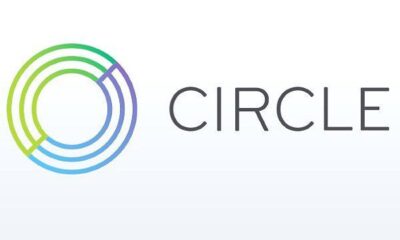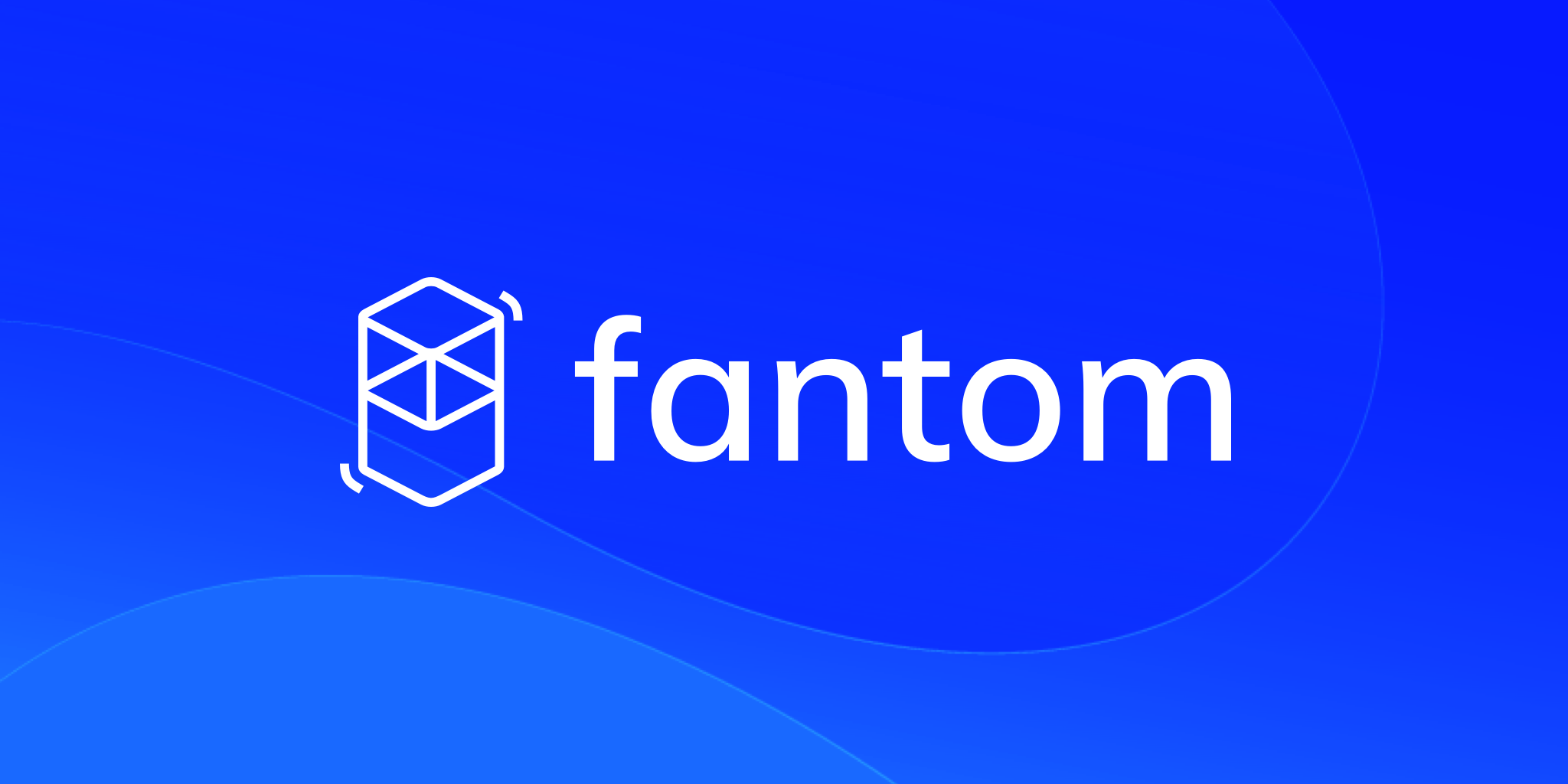News
Fantom is paying developers to generate gas fees
A new program from the Fantom Opera network team will pay developers for the gas fees they generate from users, according to a May 31 announcement. Specifically, the Gas Monetization Program will pay eligible developers 15% of the total gas fees their apps generate.
-

 Business1 week ago
Business1 week agoGameStop hints at future Bitcoin purchases following board approval
-

 Business1 week ago
Business1 week agoSEC nominee Atkins discloses at least $327M in assets ahead of confirmation hearing
-

 Business1 week ago
Business1 week agoBlackRock launches Bitcoin ETP in Europe
-

 Business1 week ago
Business1 week agoPump.fun’s new DEX reaches $1B volume a week after launch
-

 Business1 week ago
Business1 week agoBrazil’s data watchdog upholds ban on World crypto payments
-

 Business1 week ago
Business1 week agoBinance suspends staffer after internal investigation into insider trading
-

 Business1 week ago
Business1 week agoTrump’s crypto project launches stablecoin on BNB Chain, Ethereum
-

 Business2 days ago
Business2 days agoCircle files for Initial Public Offering planned for April





























